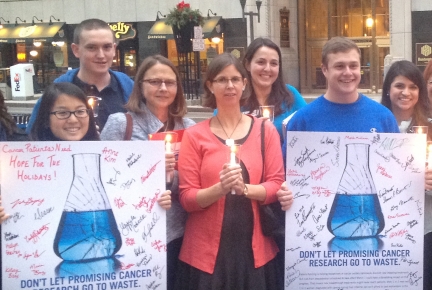Public Policy Resources
As a recognized expert in cancer health policy, ACS CAN develops reports, white papers, testimony, fact sheets, regulatory comment letters and public policy on a wide range of issues related to preventing cancer and improving the health care system for persons with cancer and survivors. We encourage you to use this resource to learn more about our issue priorities and policy work. If you can't find something you need, you may contact us by using our contact form and selecting Policy Resources from the drop-down menu.







